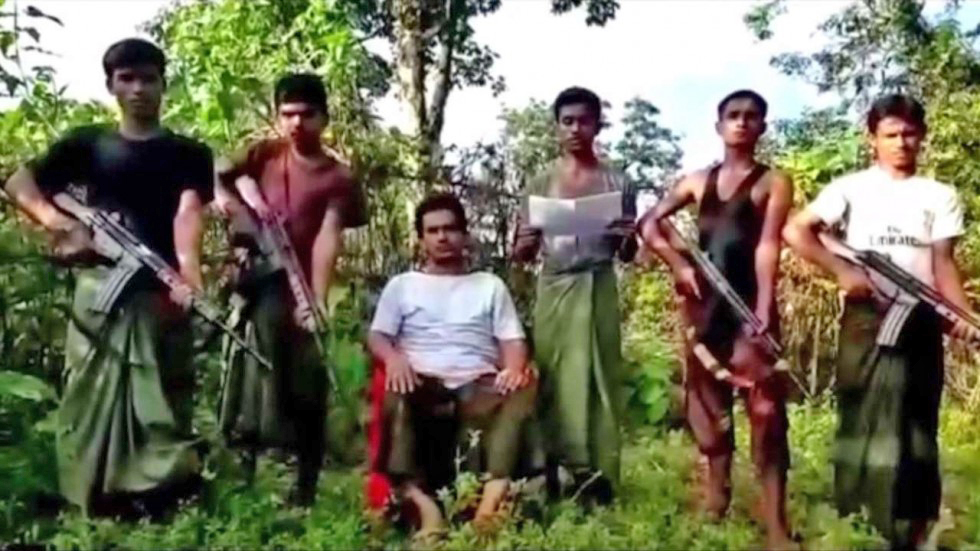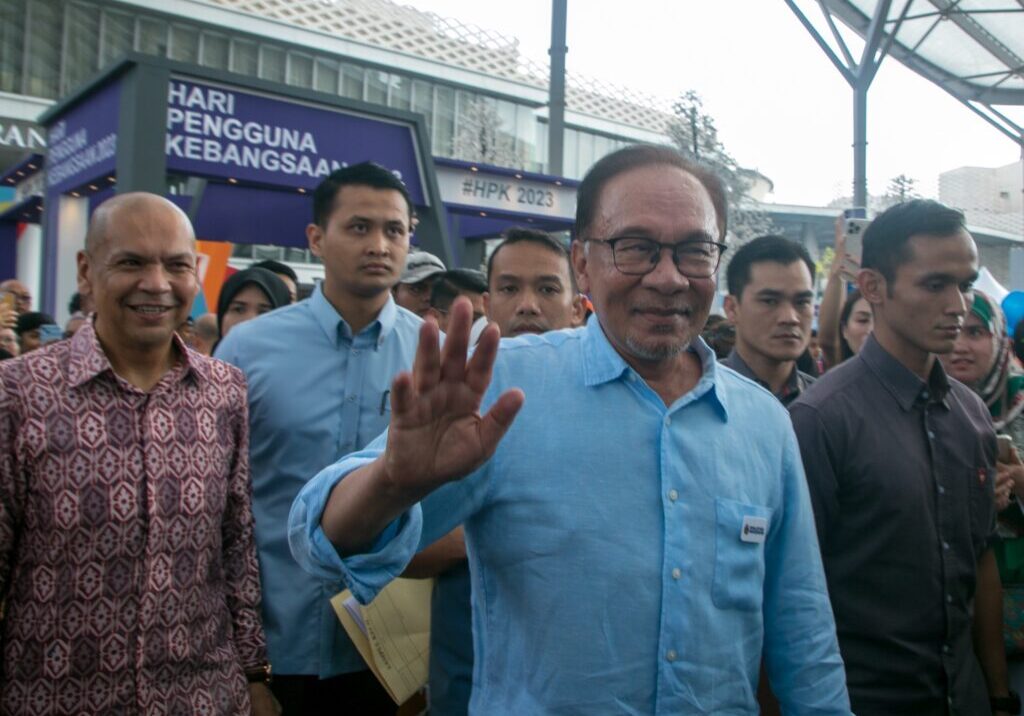Australia/Israel Review
Asia Watch: Myanmar crisis deepens
Oct 11, 2017 | Michael Shannon

Michael Shannon
Amidst the army crackdown in Myanmar’s Rakhine State that has seen about 300,000 of the Muslim minority Rohingyas flee to Bangladesh, there are signs that the conflict is set to steadily deepen as nationalist identities collide with ethnic and religious loyalties.
Bedraggled and exhausted Rohingya refugees have arrived in huge numbers in Bangladesh’s Cox’s Bazar area for over three weeks, while tens of thousands more are believed to be on the move inside Rakhine, many in desperate conditions after weeks without adequate shelter, food and water.
The Myanmar military offensive followed a series of coordinated attacks by hundreds of Rohingya militants of the Arakan Rohingya Salvation Army (ARSA) on the morning of August 25 against about 30 police stations and checkpoints, government offices and an army base, in which about a dozen people were killed.
In an area beset by claim and counterclaim, the Government insists it is targeting “terrorists”, while refugees say the offensive aims to push Rohingya out of Buddhist-majority Myanmar for good. Numerous Rohingya villages in the north of Rakhine have been torched but authorities have denied that security forces or Buddhist civilians are responsible. They claim the insurgents set fire to their own homes to spur fear and anti-state anger.
ARSA declared “temporary cessation of offensive military operations” via Twitter, to allow for humanitarian aid to reach the battered region, but the offer was firmly rebuffed by the Government. “We have no policy to negotiate with terrorists” U Zaw Htay, Director-General of the State Counsellor’s Office, responded on Twitter.
ARSA has also denied accusations of having links to transnational terror groups, issuing a statement via Twitter that “[ARSA] has no links with al-Qaeda, the Islamic State in Iraq and Syria (ISIS), Lashkar-e-Taiba or any transnational terrorist group, and we do not welcome the involvement of these groups in the Arakan conflict.” Arakan is the former name for Rakhine State.
The statement further called on states in the region to “intercept and prevent terrorists from entering Arakan and making a bad situation worse.”
Nonetheless, al-Qaeda on Sept. 13 assailed Myanmar for “crimes” against the Rohingya Muslim minority, pledging weapons and “military support.”
“The savage treatment meted out to our Muslim brothers in Arakan by the government of Myanmar under the guise of ‘fighting rebels’ … shall not pass without punishment and the government of Myanmar shall be made to taste what our Muslim brothers have tasted in Arakan,” the al-Qaeda statement said.
It’s statements such as these that Malaysian and Indonesian counter-terrorism officials fear could galvanise global terror networks and revive the dormant Jemaah Islamiyah (JI).
Malaysia’s Special Branch counter-terrorism chief, Ayob Khan Mydin Pitchay, told Channel NewsAsia: “This (al-Qaeda statement) is extremely worrying. For sure the Islamic State (IS) and al-Qaeda will use the Rohingya issue to recruit new members to wage jihad in Myanmar or launch attacks against Myanmar interests in Southeast Asia.”
Indonesian counter-terrorism officials share similar concerns. “We are very concerned there will be attacks against Buddhist places of worship or Myanmar facilities,” a senior official told Channel NewsAsia.
In 2013, a Buddhist temple in Jakarta was attacked in the name of Rohingya solidarity. In November 2016, police foiled a plot to bomb the Myanmar Embassy in Jakarta, while on September 3 a Molotov cocktail was thrown at the embassy, causing a fire on the second floor of the building.
While officials concern themselves with jihadist activity, there is no doubt that the Rohingya issue is stirring strong feelings across the broader public.
Multiple demonstrations in Jakarta and other major cities have seen traffic brought to a standstill as crowds called for Myanmar embassy officials to be expelled from Indonesia and burnt effigies of Myanmar’s ultranationalist monk U Wirathu. Some of those present were from hardline Islamist groups such as the Islamic Defenders Front.
At the political level, leaders have sought to reflect popular feeling by expressing Islamic solidarity with the Rohingya.
Malaysian PM Najib Razak, currently pursued by allegations of fraud amounting to billions of dollars, attempted to burnish his Islamic credentials by pledging aid and sharply criticising Myanmar, accusing it of systematic atrocities. “It is done in a planned manner so that they are tortured, discriminated, killed and raped,” he said.
Indonesian President Joko Widodo, while mindful of not risking Muslim support ahead of elections due in 2019, was typically more measured, calling for the “protection of all citizens including Muslims in Myanmar” and sending his Foreign Minister, Retno Marsudi, to Myanmar’s capital Naypiydaw for meetings.
The political architecture of ASEAN, with its defining principle of non-interference, will likely keep a lid on any stronger official measures. After all, Myanmar is far from the only ASEAN member with internal ethno-religious tensions and a sensitivity to perceived encroachments upon its sovereignty.






